INTRODUCTION
ASHM recognises the right of every employee, volunteer and representative to be able to attend work and to perform their duties without being subjected to any form of sexual exploitation, abuse or harassment. This policy therefore applies to all ASHM Board members, sub-committee members, consultants, services providers, employees and volunteers.
It is the obligation and responsibility of every ASHM representative, employee and volunteer to ensure that the workplace is free from sexual exploitation, abuse or harassment.
ASHM is fully committed to its obligation to eliminate sexual exploitation, abuse and harassment in the workplace
PURPOSE
The purpose of this policy is to:
- prevent any cases of sexual exploitation, abuse or harassment occurring within ASHM and its projects;
- work towards a respectful working culture;
- ensure that all parties are aware of their responsibilities for identifying possible occasions for sexual exploitation, abuse and harassment and for establishing controls and procedures for preventing such incidents and/or detecting them when it occurs;
- provide guidance to ASHM personnel as to action that should be taken where they suspect any incidents within or outside of the organisation;
- provide a clear statement to ASHM personnel forbidding any such abuse;
- provide assurance that any and all suspected incidents will be reported and fully investigated.
The ultimate purpose of this policy is to help eliminate the risk of anyone working for and with ASHM being involved in sexual exploitation, abuse and harassment.
ashm.org.au
DEFINITIONS
Sexual exploitation: Any actual or attempted abuse of a position of vulnerability, differential power, or trust for sexual purposes. It includes profiting monetarily, socially, or politically from sexual exploitation of another.
Sexual abuse: The actual or threatened physical intrusion of a sexual nature, whether by force or under unequal or coercive conditions. It covers sexual offences including but not limited to: attempted rape (which includes attempts to force someone to perform oral sex); and sexual assault (which includes non-consensual kissing and touching). All sexual activity with someone under the age of consent (in the law of the host country or under Australian Capital Territory law [16 years], whichever is greater) is considered to be sexual abuse.
Sexual harassment: A person sexually harasses another person if the person makes an unwelcome sexual advance or an unwelcome request for sexual favours or engages in other unwelcome conduct of a sexual nature, in circumstances in which a reasonable person, having regard to all the circumstances, would have anticipated the possibility that the person harassed would be offended, humiliated, or intimidated.
Sexual harassment can take various forms. It can be obvious or indirect, physical, or verbal, repeated or one-off and perpetrated by any person of any gender towards any person of any gender. Sexual harassment can be perpetrated against beneficiaries, community members, citizens, as well as staff and personnel.
Survivor-centred approach: where the rights, needs, wishes and empowerment of survivors of sexual exploitation, abuse and harassment are prioritised, in both the prevention of and response to sexual exploitation, abuse and harassment.
ASHM personnel includes all staff, volunteers, interns, contractors, committee members, visitors to projects, ASHM partners’ downstream personnel and subcontractors engaged by ASHM to perform any part of ASHM project activities.
SCOPE
This policy applies to all ASHM personnel which includes:
• staff/volunteers/interns/contractors/visitors to projects
• ASHM partner’s downstream personnel
• Subcontractors engaged by ASHM to perform any part of ASHM project activities
This policy applies to conduct that takes place in any work-related context, including conferences, work functions, social events and business trips.
AUTHORISATION
ASHM Board – Approved 16 August 2022

